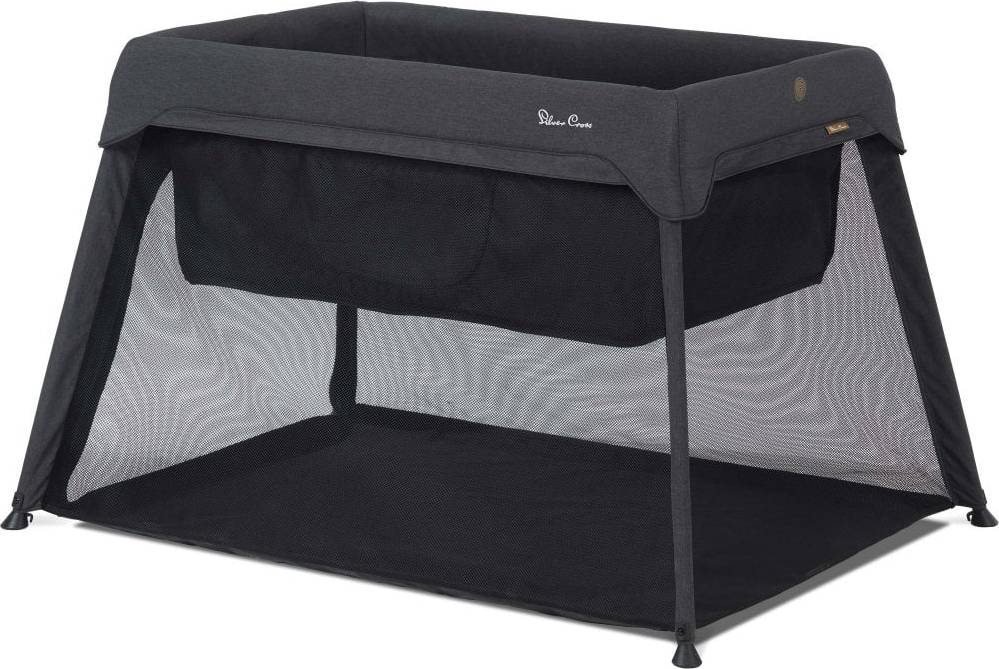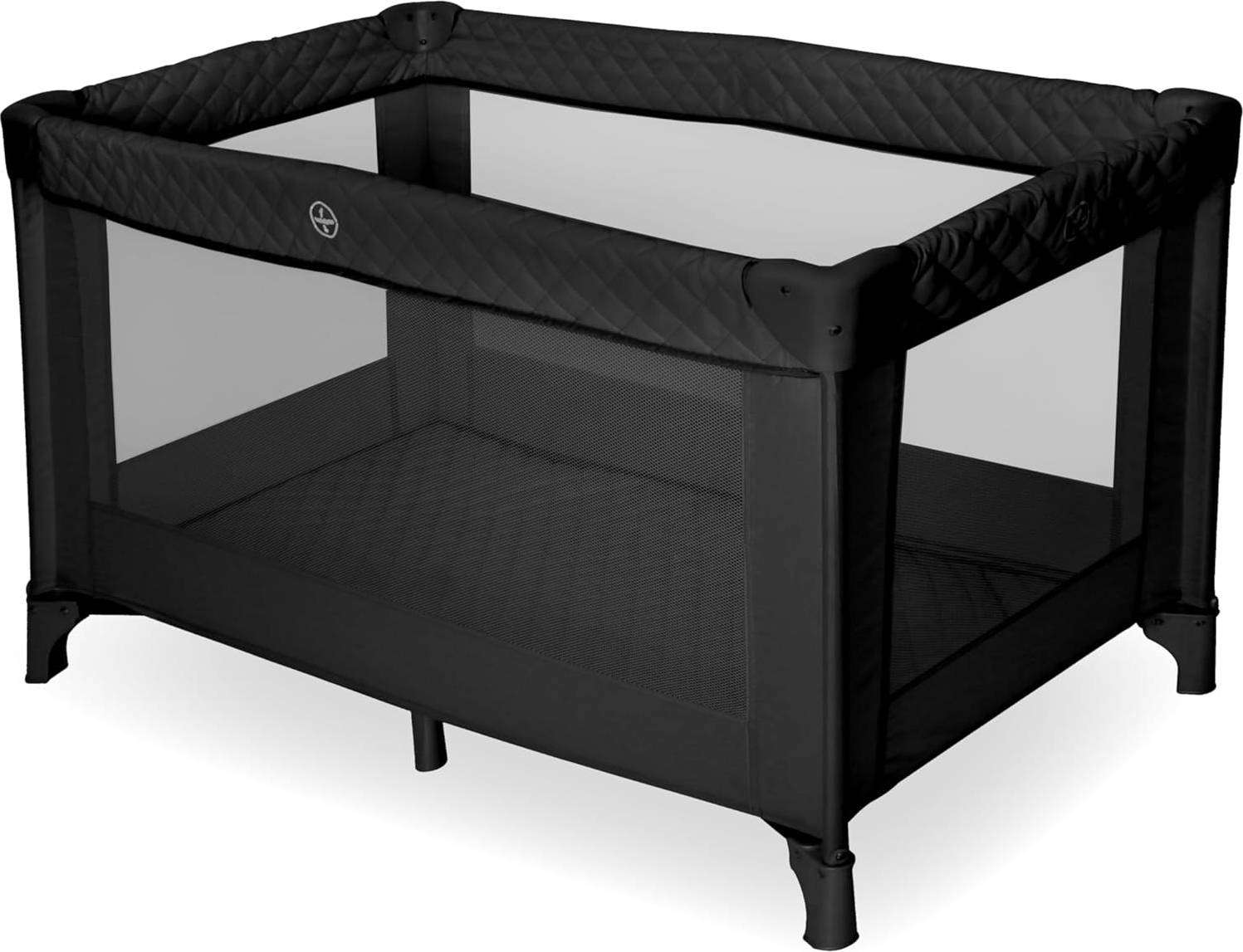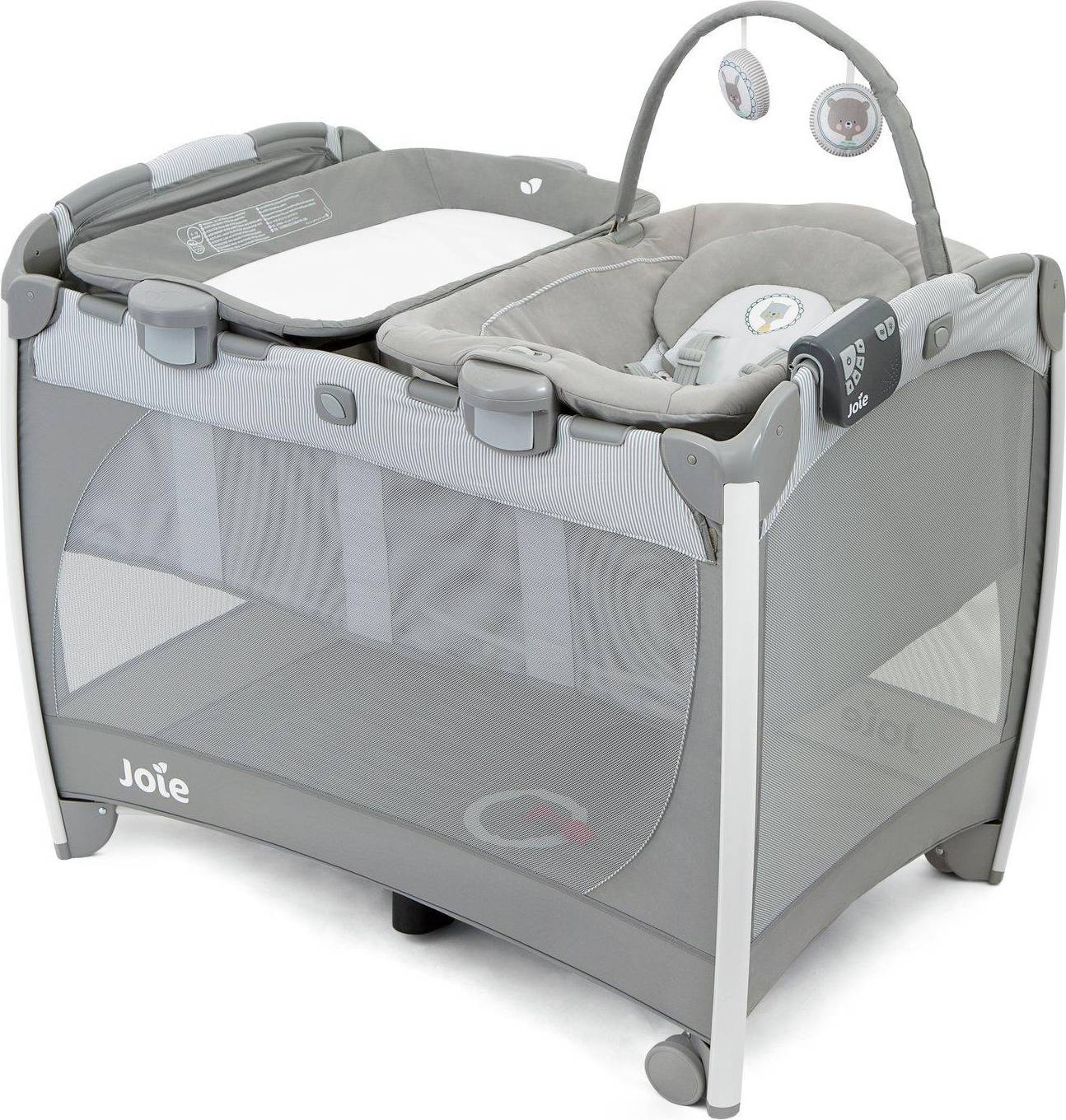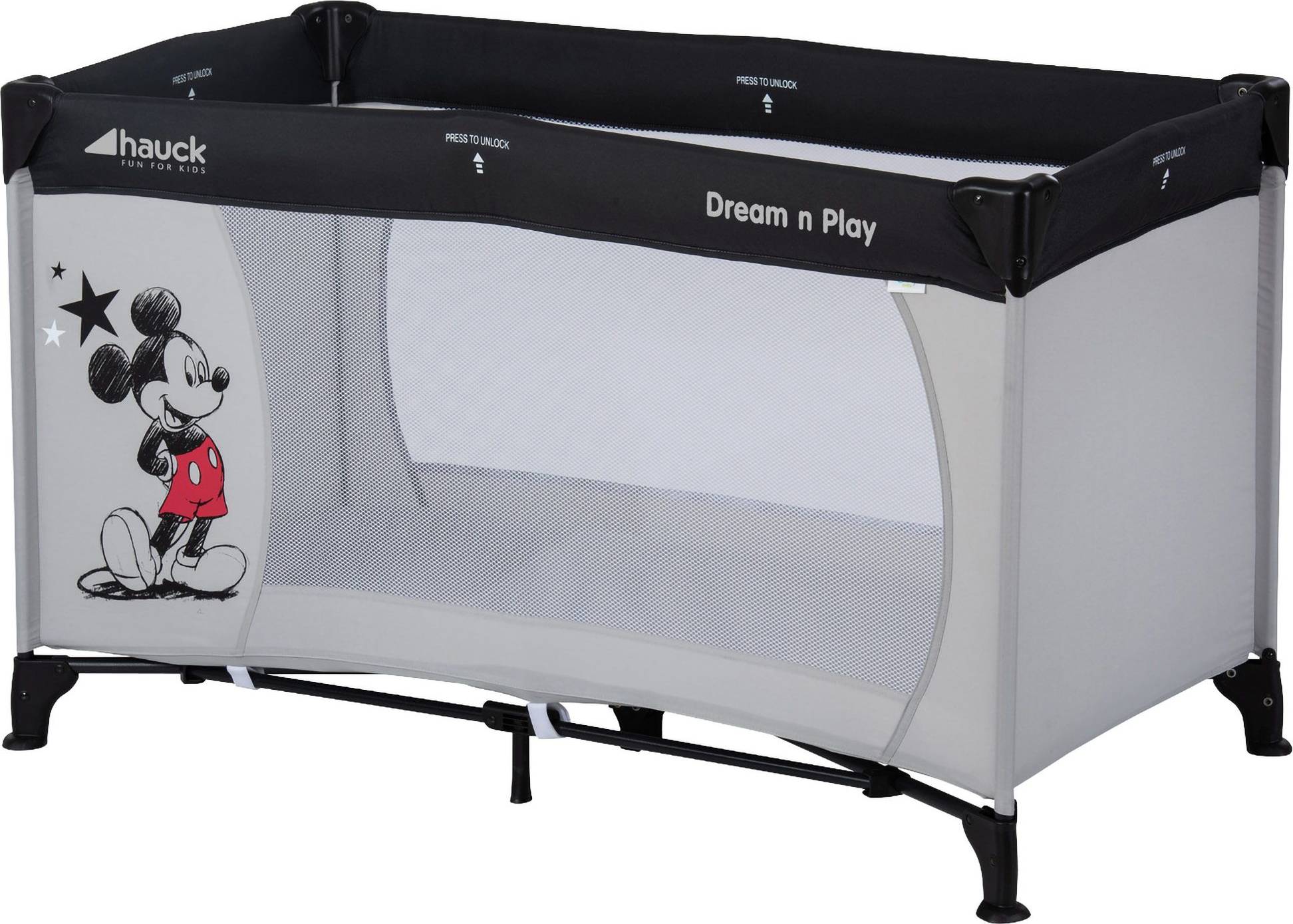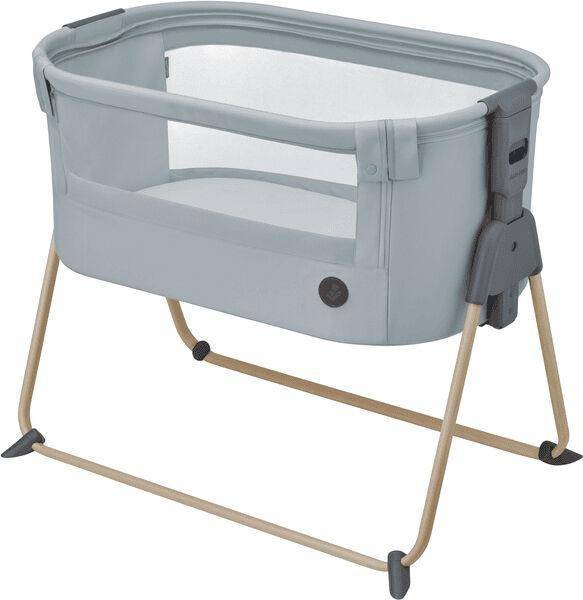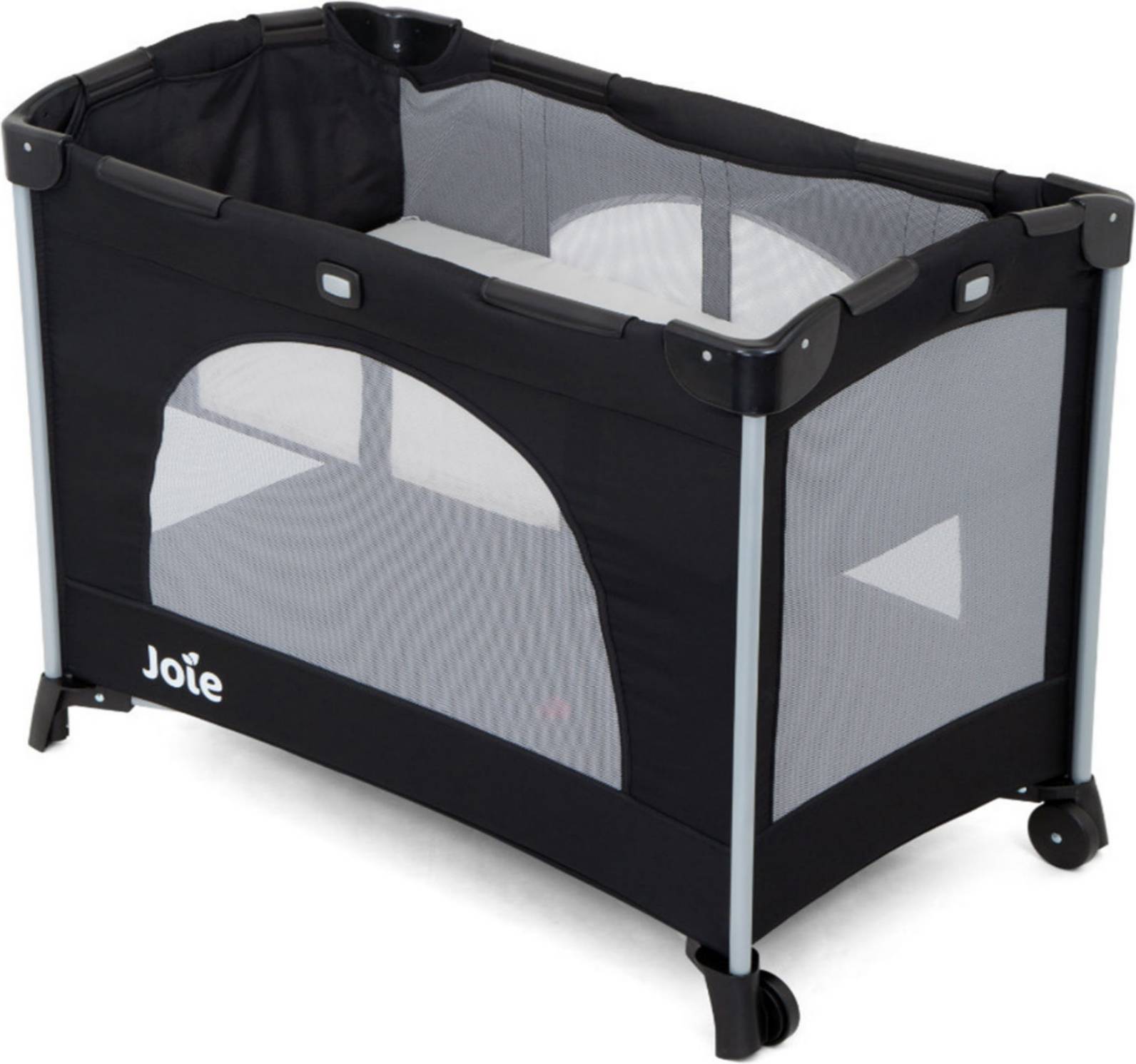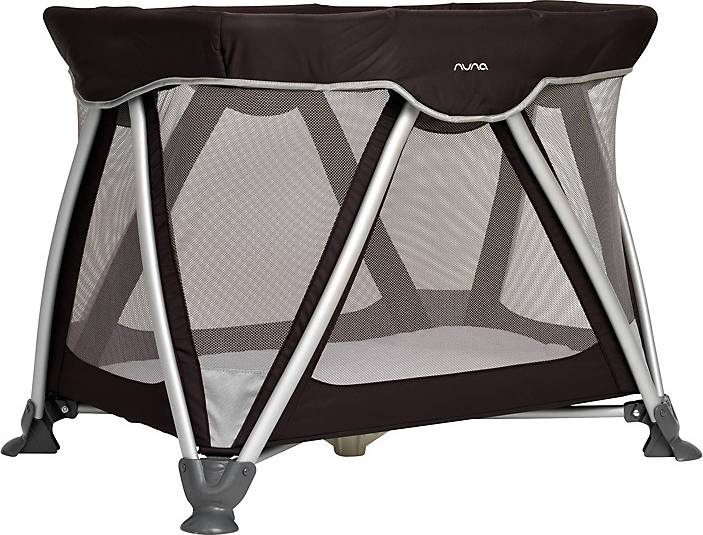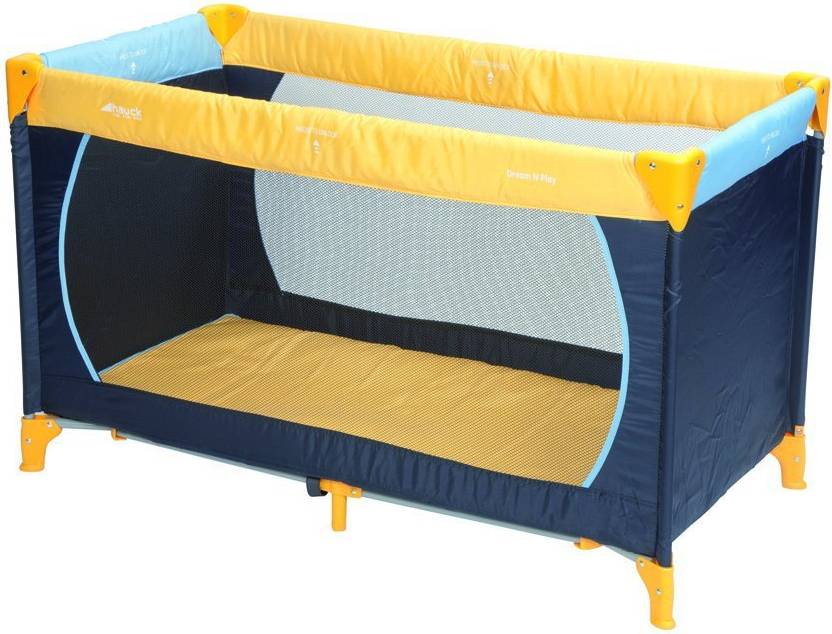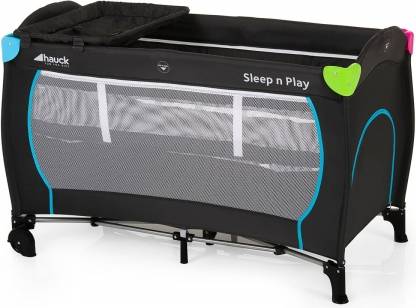Black Travel Cots
27 products
FAQ
A travel cot is a sleeping place for children that is easy to transport and carry with you on trips. Travel beds can be folded into a more or less a compact package that fits easily when you travel on holiday, visit relatives or go to the cottage. Most travel beds come with some kind of storage bag that makes it easy to pack and transport the bed.
Travel beds can be used from the time the child is born. Some travel beds are specifically adaptable to infants and have height-adjustable bottoms, so the child gets higher up. However, children who can sit or pull themselves up should never sleep in the raised position.
Which travel bed that is the best depends on your needs. There are so many different travel beds on the market with different features, maximum weight and customisation options. Please read our test of travel beds, to find one that suits you.
A travel bed can cost anywhere from around 20 GBP to a couple of hundred depending on the make, model and features. There are also plenty of beds at a good price that you can buy second hand, as they are often used during a relatively short period.
How long a travel bed can be used varies, but many of the classic models work up to at least three, four years of age, depending on the maximum weight and size of the sleeping area. In our test of travel beds you can easily compare dimensions and maximum weight. Some travel beds have no maximum weight as they are designed so that the mattress is located directly on the floor with the bottom of the bed in between.
It depends on the model of travel bed you have. There are often instructions in text and images printed on the bottom of the bed under the mattress or under the bed. Most often, it also comes with a manual on how to do it.
With the travel bed, a mattress is usually included. It is usually quite thin, so sometimes, you may want to add an extra mattress to make it a little more comfortable. Sheets can usually be used the same way in a travel bed as in a regular crib. Otherwise, you make the bed with the usual comforter or sleeping bag, pillow, baby nest or in a way that works for your child.
Three tips for buying a travel cot
-
Travel cots for babies. There are special travel cots for babies. They are smaller, and often have some kind of legs or other construction that allows your baby to be slightly raised from the floor. If your baby is going to sleep in a regular travel cot, you can make it more snug using a baby nest.
-
Travel cots for slightly older children: Travel cots for slightly older children generally have the same dimensions as ordinary cots, which usually work for up to 2-3 years of age. The weight limit is usually 15-20 kg, unless it is a model in which the base plate rests on the floor.
-
Unfolded travel cot. Choose a cot that is adapted to the child’s height and weight, and remember to have a little room for growth, as children grow quickly.
-
Folded travel cot. If you want to take the cot along on your trip, this must be easy. For hand luggage, the weight limit is 8 kg and the dimensions are 55x40x23 centimetres.
For more tips on travelling with young children, the National Childbirth Trust has compiled a guide.
A sturdy travel cot with a wide base that rests directly on the floor can function as a playpen. There are also versions with short sides that can be opened, and a small gangway so that the child can crawl in and out of bed during the day.
